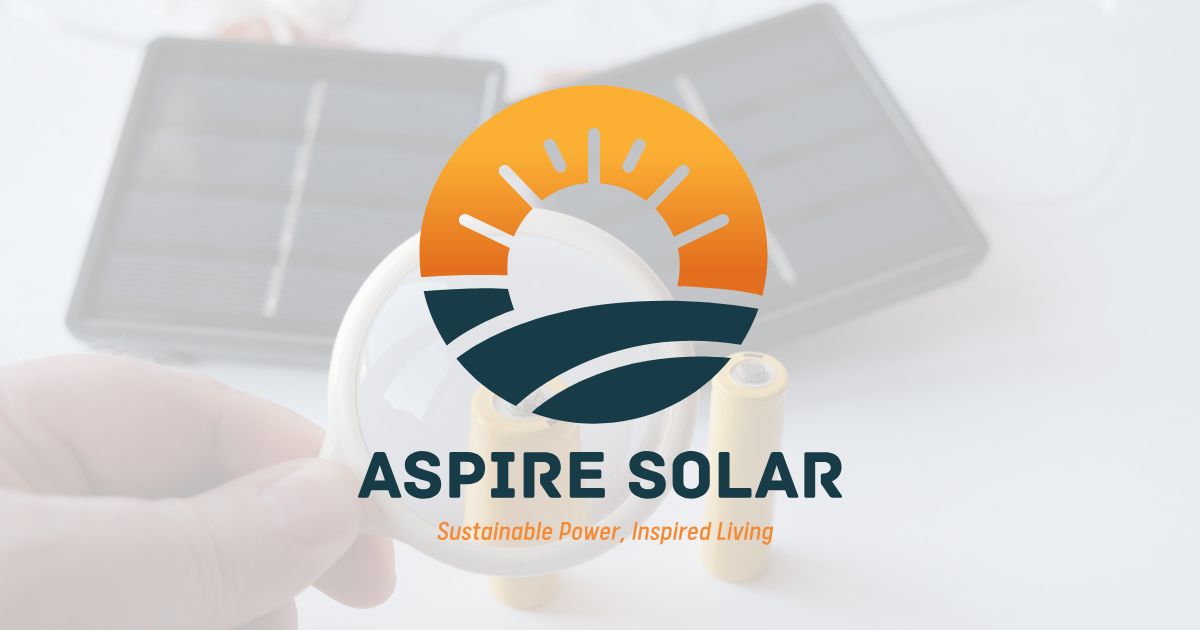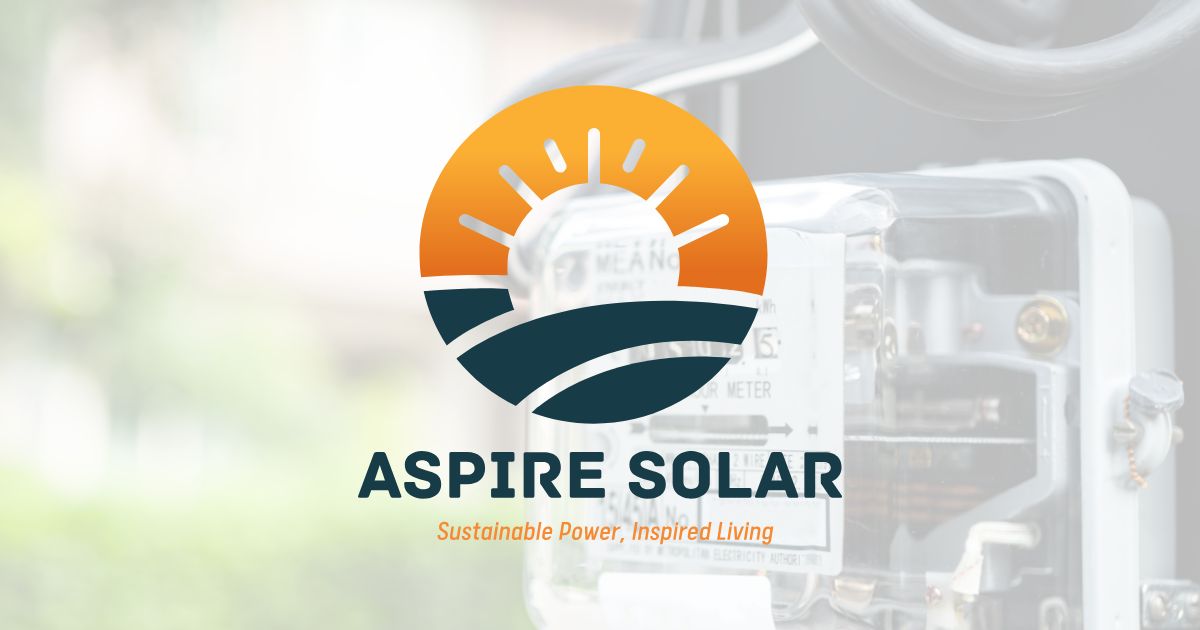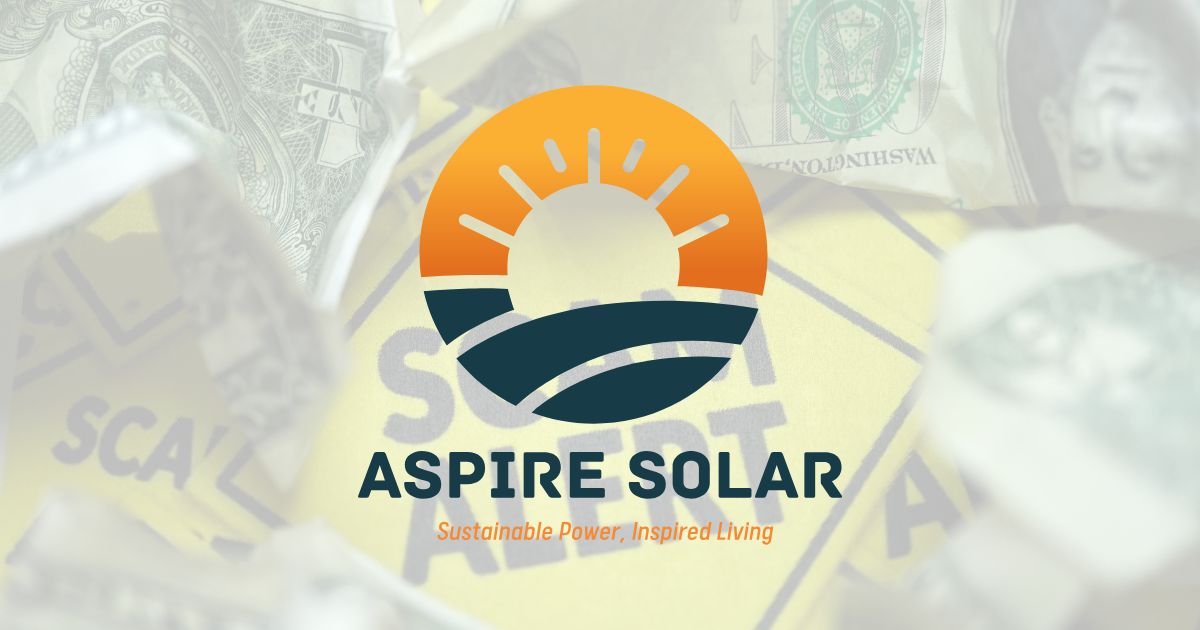30% Tax Credit Still Available
In January 2025, President Donald Trump issued an executive order pausing funding for the Inflation Reduction Act (IRA), a significant piece of legislation aimed at promoting clean energy initiatives, including solar power. This unexpected move has introduced uncertainty into the solar industry, leaving many to question the future of solar incentives and projects across the United States.
Understanding the Inflation Reduction Act and Its Impact on Solar Energy
Enacted in August 2022, the IRA represented the largest investment in climate change initiatives in U.S. history, allocating over $300 billion toward clean energy and climate action. For homeowners, one of the most notable incentives was the federal residential solar energy credit, commonly known as the Investment Tax Credit (ITC). This credit allows homeowners to deduct 30% of the cost of installing a solar energy system from their federal taxes, significantly reducing the financial barrier to adopting solar technology.
The Immediate Effects of the Funding Pause
The executive order to pause IRA funding has cast doubt on the availability and stability of these incentives. While a full repeal of all IRA incentives remains unlikely without congressional approval, the pause has already disrupted several programs. For instance, the Environmental Protection Agency’s (EPA) “Solar for All” program, which aimed to distribute $7 billion in funds to support solar projects in low-income and disadvantaged communities, experienced a funding freeze. Although a federal judge ordered the administration to release the frozen funds, the uncertainty has caused delays and concerns among grant recipients.
Bipartisan Support for Clean Energy Initiatives
Despite the funding pause, there is notable bipartisan support for maintaining clean energy tax credits. A group of 21 House Republicans has advocated for the preservation of these incentives, recognizing their role in driving investments and job creation in their districts. They argue that repealing such credits could lead to higher utility bills and hinder energy development, aligning with broader goals of U.S. energy dominance.
What Homeowners Should Consider
For homeowners planning to install solar panels in 2025, the current situation presents both challenges and opportunities:
Federal Solar Tax Credit: As of now, the ITC remains in effect, allowing homeowners to claim 30% of their solar system costs as a tax credit. This rate is scheduled to remain until 2033, after which it will decrease. However, the ongoing funding pause introduces uncertainty about the future availability of this credit.
State and Local Incentives: Beyond federal incentives, many states and local governments offer additional rebates, tax credits, and incentives for solar installations. These programs vary by location and may provide substantial financial benefits.
Net Metering Policies: Utilities often have net metering programs that credit solar panel owners for excess electricity they generate and feed back to the grid. Understanding your utility’s policies can help maximize the financial returns of your solar investment.
Looking Ahead
The pause on IRA funding has undoubtedly introduced uncertainty into the solar industry. However, the existing structure of federal tax credits, combined with state and local incentives, continues to support the growth of solar energy adoption. Homeowners considering solar installations should stay informed about policy developments and consult with reputable solar providers to navigate the evolving landscape effectively.
While the future of federal support for solar energy faces challenges, the momentum toward clean energy solutions remains strong, driven by technological advancements, economic benefits, and a collective commitment to sustainability.
At Aspire Solar, we understand that navigating the evolving landscape of solar incentives can be challenging for homeowners. That’s why we are committed to actively monitoring federal, state, and local programs to ensure our clients maximize their benefits when transitioning to solar energy.
Aspire Solar’s Commitment to Keeping You Informed
Our team at Aspire Solar stays abreast of the latest developments in solar incentives and policies. By maintaining up-to-date knowledge, we provide personalized guidance tailored to each client’s unique situation, ensuring they take full advantage of available opportunities.
Comprehensive Resources for Homeowners
We offer a wealth of resources on our website to help homeowners understand and capitalize on solar incentives:
Incentive Updates: Regularly updated information on federal, state, and local incentives, including tax credits and rebates, to keep you informed about the latest opportunities.
Educational Content: Detailed articles and guides that explain the benefits of solar energy, the installation process, and how to maximize returns on your investment.
Consultation Services: Personalized consultations to assess your energy needs and financial goals, ensuring you receive the most suitable recommendations for your solar journey.


